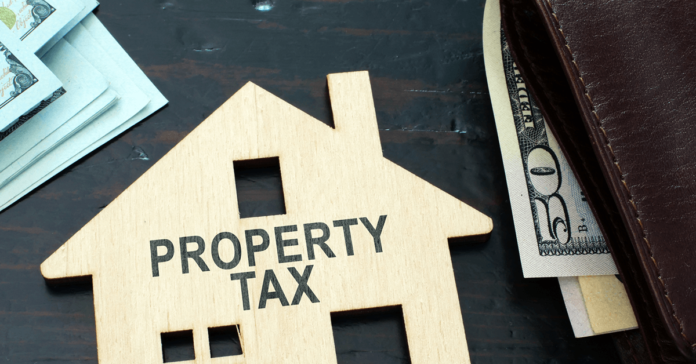The Punjab government has unveiled a revolutionary property tax system aimed at simplifying the tax collection process, ensuring fairness, and enhancing transparency. This new system, which took effect on January 1, 2025, brings significant changes to how property taxes are assessed and collected across the province.
Under the updated framework, property taxes will no longer be based on rental values. Instead, the system introduces a capital value-based approach, leveraging the District Collector (DC) table of the respective district to determine tax liabilities for all types of properties. This marks a historic transformation, as it is the first major change in property tax assessment in 65 years.
One of the most notable features of the new system is its emphasis on taxpayer convenience. Property owners are now allowed to self-assess the value of their properties for taxation purposes. This self-declared valuation will be considered valid for tax collection, reducing bureaucratic hurdles and minimizing disputes. The initiative is designed to simplify processes and promote uniformity, creating a more taxpayer-friendly environment.
According to Secretary Excise, Taxation, and Anti-Narcotics, Masood Mukhtar, the primary goal of these reforms is to benefit the public by making the tax system more transparent and equitable. He reassured property owners that this change should not be perceived as an additional financial burden but as a step toward greater fairness and accountability.
Also Read: Punjab Updates Eligibility Criteria for Free CM Laptop Scheme 2025
In addition to the structural changes, the government has introduced incentives to encourage compliance and participation. Director General Excise and Taxation Punjab, Umar Sher Chattha, announced that existing taxpayers would not face increased tax burdens until June 30, 2025. For individuals entering the tax system for the first time, generous concessions have been introduced, including up to a 50% reduction in outstanding dues. Furthermore, new taxpayers will only be required to pay 25% of the total tax amount for the next six months, making it easier for them to transition into the system.
These reforms highlight the government’s commitment to fostering economic development while ensuring that tax processes are transparent and taxpayer-friendly. By streamlining property tax assessment and introducing meaningful incentives, the Punjab government aims to strengthen public trust and pave the way for a more efficient taxation framework in the province.



